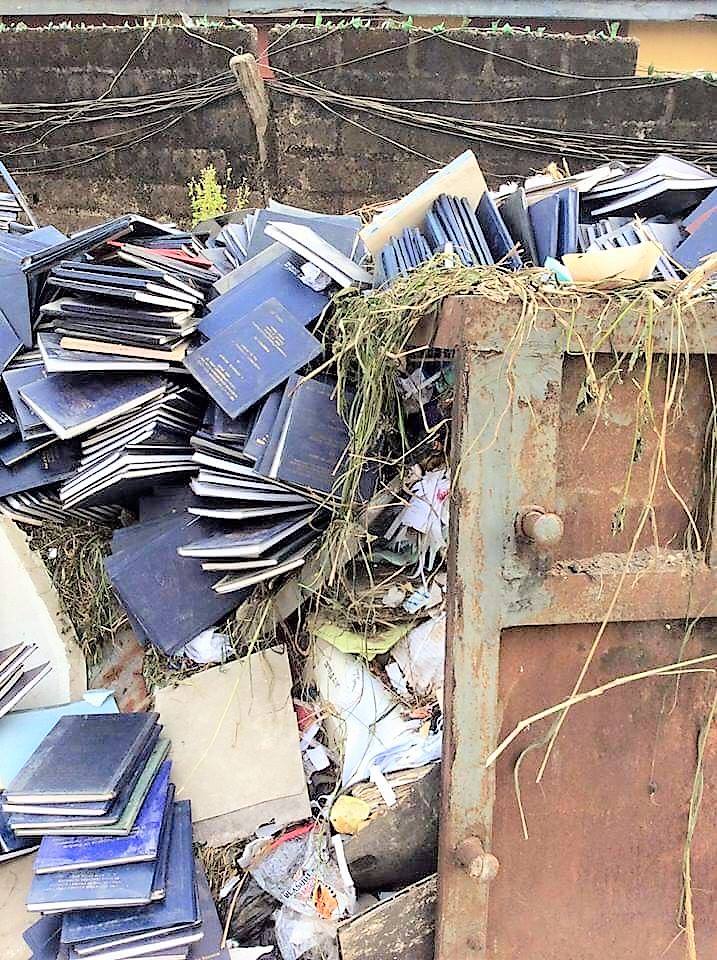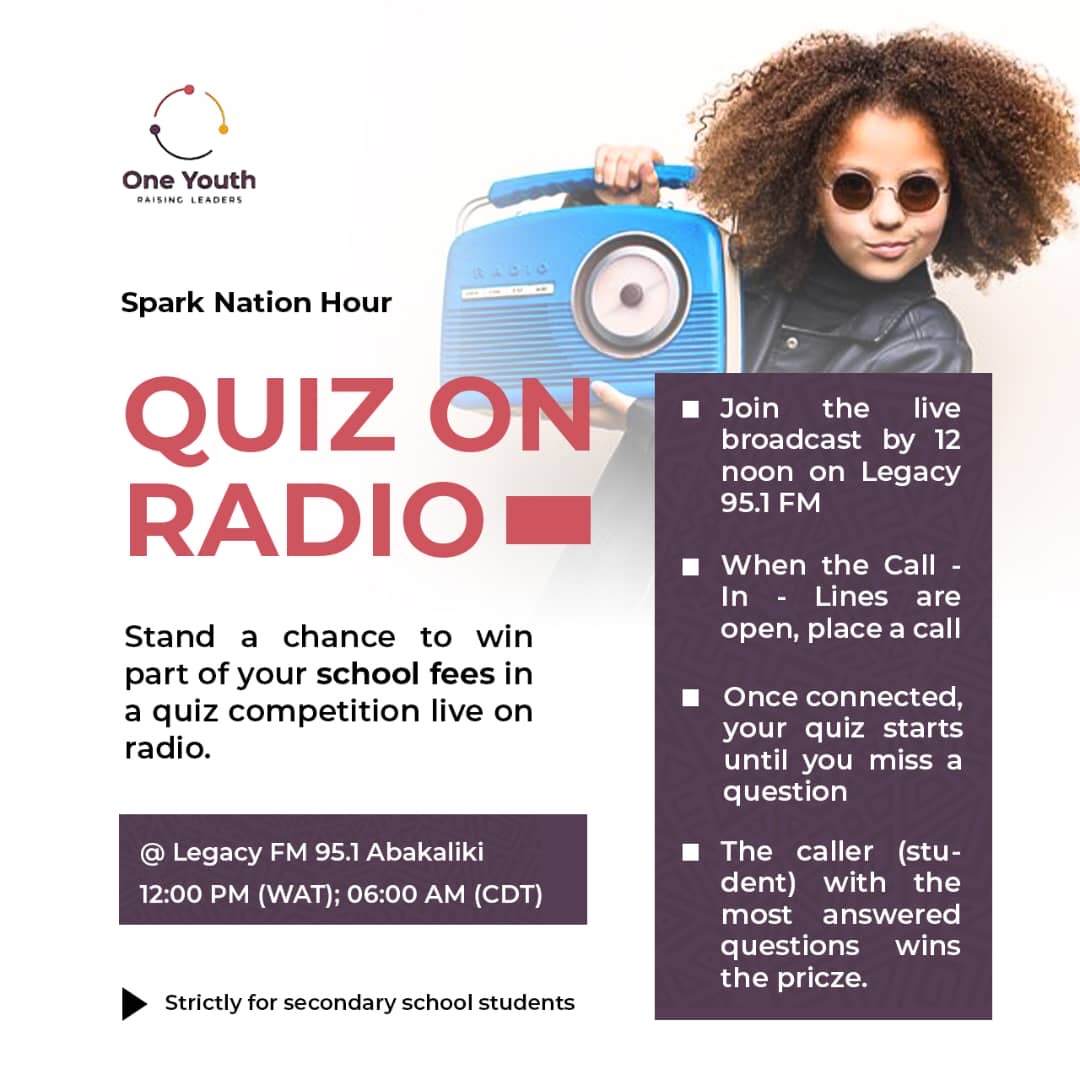The Federal Government says no NYSC without a project copy — just after raising the allowance to ₦77,000. If this isn’t a calculated attempt to reduce the number of corps members, what is it?

Because let’s face it: what sense does it make to tie our national service to a document that ends up discarded, burnt, and forgotten? Take a look at the picture of abandoned project works piled like rubbish. That’s the same “precious” requirement now being used as a gate pass to NYSC. The irony writes itself.
“When are you going for service?” I can’t un-hear the words. Left or right, it’s the same question.
Can I have my privacy please?! Of course I want to serve. I want to wear khaki, gather experience, and step into the job market that ignores you if all you have is a degree without experience.
But the hurdles before even getting to service are already heavy enough. As an Anatomist, I saw the cadaver just twice in my entire program. We never did SIWES. By project time, my topic was cancelled and resurrected repeatedly. Chapters I spent money printing were rejected because supervisors refused soft copies. And on days when exams weren’t burnt by faulty wiring, I was chasing after supervisors who barely had time for students.
After all that, I graduated. But now, I’m told I cannot serve my country without submitting a copy of this same project? The same kind of project that, once defended, is dumped in storerooms, abandoned in corners, or burnt as waste?
If this was really about academic accountability, then start where the problem truly is: the schools. Universities should have functioning databases and digital archives where projects are uploaded, stored, and accessed. But that’s not what happens. Instead, projects are stacked in dusty corners, dumped behind departments, or outright burnt. So when NYSC says “submit a copy,” how do they even verify it? How do you track accountability in a system that doesn’t keep records in the first place?
Let’s be honest: with allowance increased to ₦77k, this feels less about standards and more about cutting numbers. Make the process harder, and fewer corps members will qualify. Simple economics disguised as policy.
So I ask again: is this really about quality, or just another trick to frustrate young Nigerians? Because if burnt projects can now decide our future, then maybe the real fire isn’t in those dumps — it’s in how this country treats its youth.
Got insights on politics, economy, governance, or society? Share your perspective! Send your submissions to ebonyinews.ng@gmail.com

